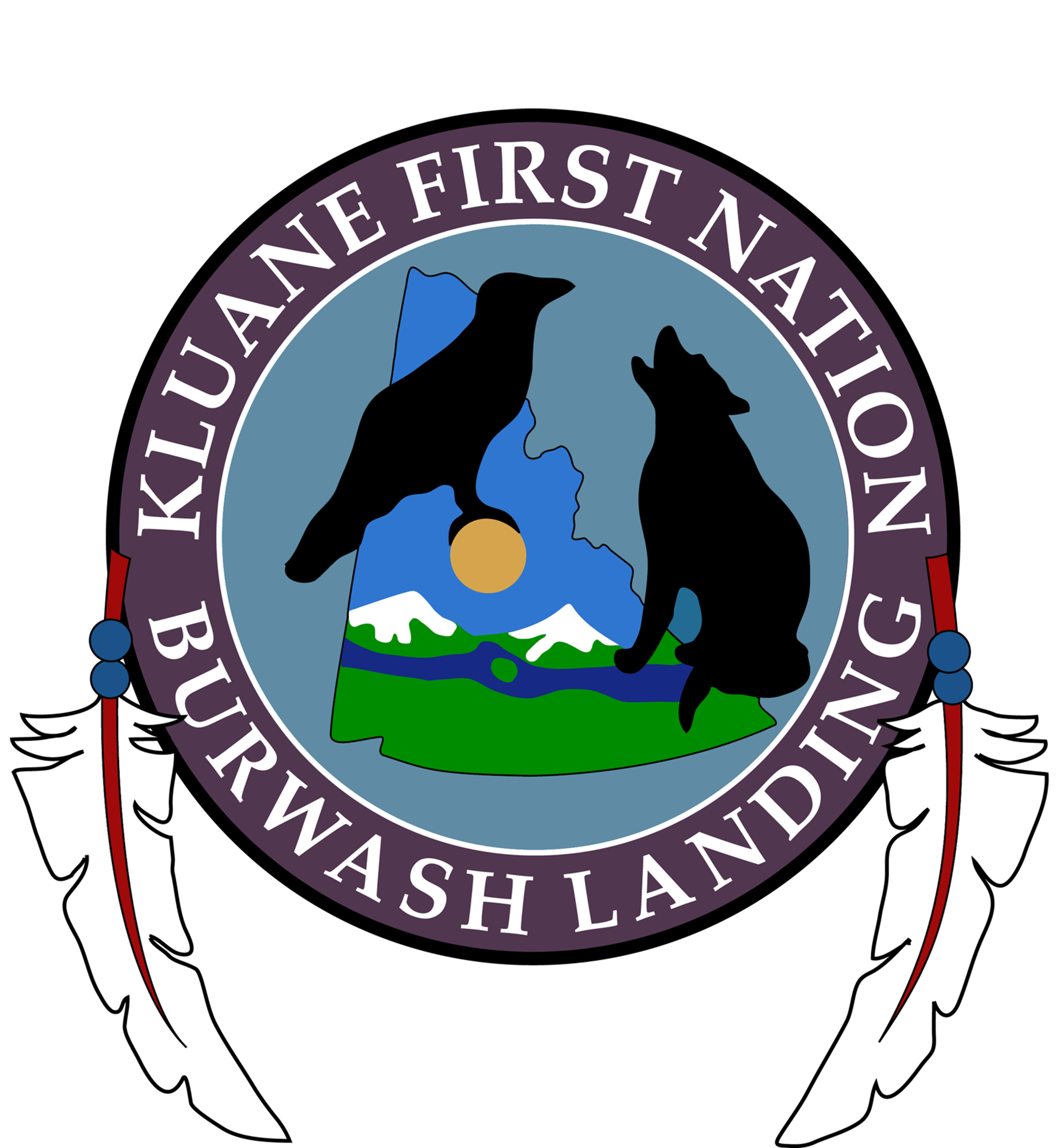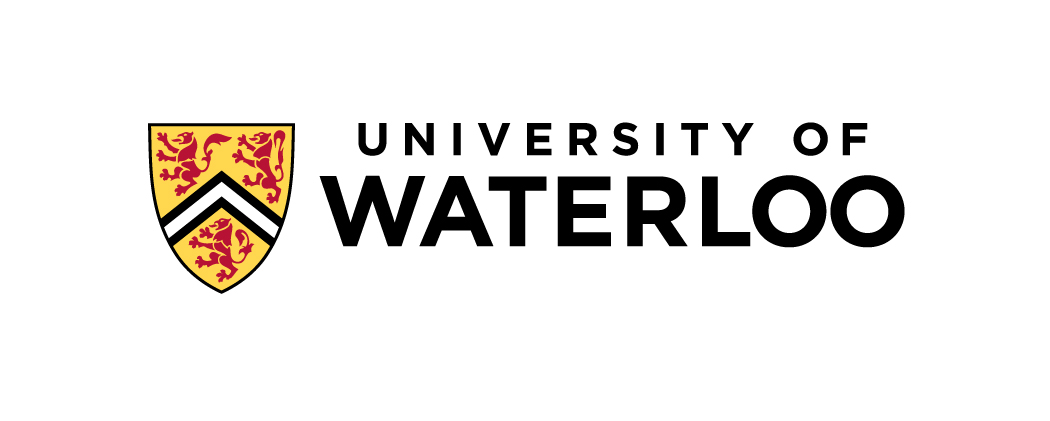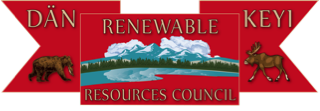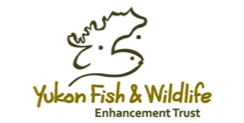Youth researchers, Lenita Alatini, Jared Dulac (Kluane First Nation's Youth Councillor), and Nadaya Johnson, are hard at work on the analysis
This week youth from Kluane First Nation are in Waterloo testing fish samples to determine contaminant levels and nutrient values of fish from Kluane Lake as part of joint food security project with Kluane First Nation, the Arctic Institute of Community-Based Research and University of Waterloo. The project, titled, “Nourishing Our Future: Building on Kluane First Nations Community Food Strategy & Youth Engagement in traditions related to Fisheries and Fish Health in Kluane Lake”, helps to answer questions raised within the Kluane First Nation community and provides a better understanding of local perceptions about nutrients and contaminant levels in traditional food sources. It builds on community-based, participatory research and Indigenous knowledge approaches and combines scientific and traditional knowledge for a better understanding of food security issues in the region and how to secure sustainable food sources for future generations.
Preliminary analyses show mercury levels to be very low in Lake Trout and Whitefish of Kluane Lake. This is good news amidst the rising health concerns over mercury in fish in many northern communities.
KFN youth, Nadaya Johnson (lower left) and Lenita Alatini (lower right) are all smiles at the University of Waterloo where they are testing the health of trout and whitefish, among other types from Kluane Lake
This project has been generously funded through the Government of Canada's Northern Contaminants Program, Yukon Fish & Wildlife Enhancement Fund and Dän Keyi Renewable Resources Council.








